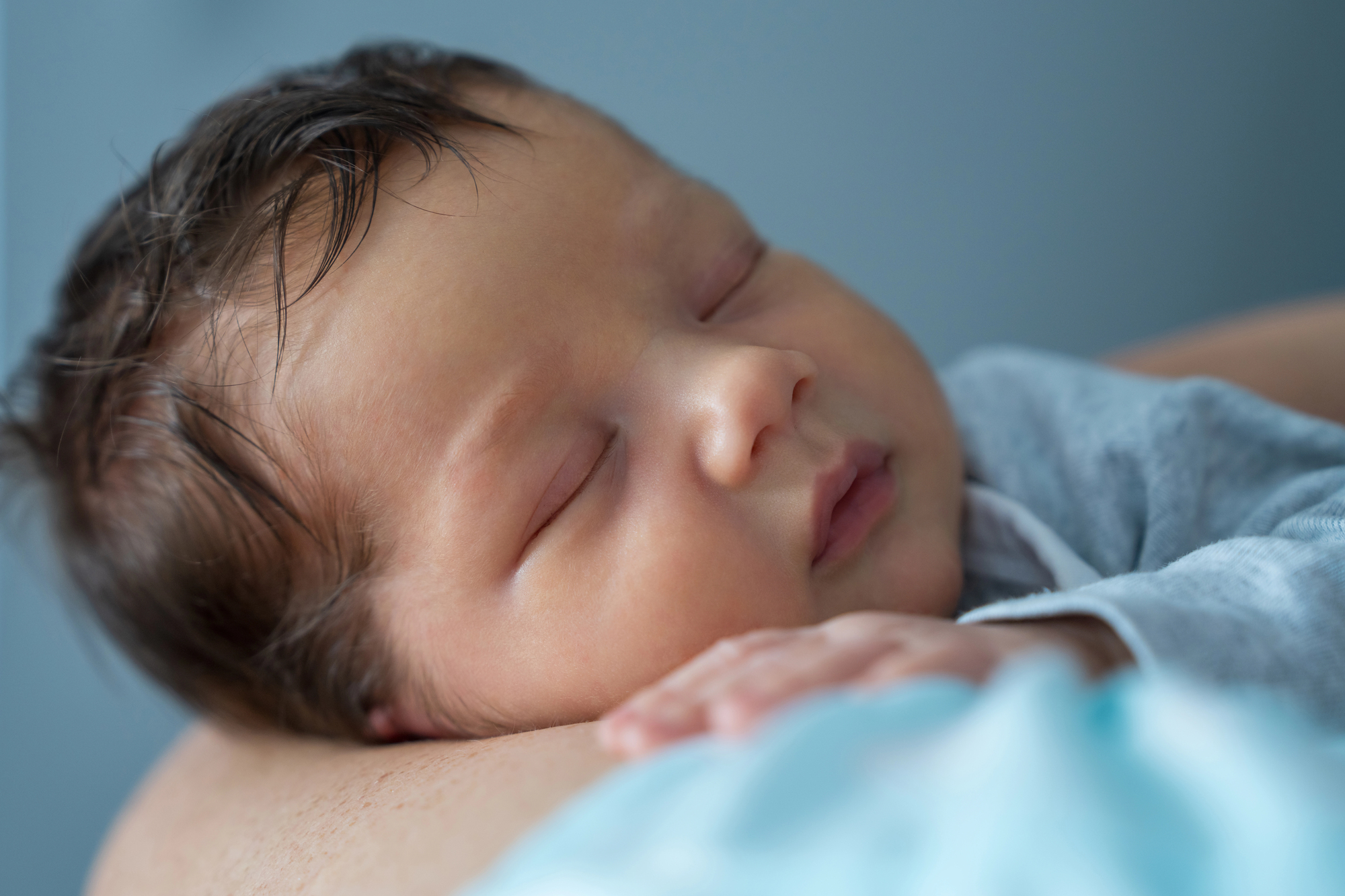Poor neonatal care for asylum seekers is causing stress – medics

Pregnant asylum seekers are receiving substandard neonatal care, a highly critical report by the Erasmus medical centre in Rotterdam has concluded.
In nearly half of cases healthcare services are not told an asylum seekers is pregnant until after the 12-week point, meaning they miss out on essential tests.
Refugees and people living in asylum accommodation after they have secured the right to live in the Netherlands have to make their own way to neonatal clinics using public transport, but the poor connections cause unnecessary stress for mothers and babies, the report said.
“Every woman in the Netherlands, regardless of their background or status, has the right to the same quality of healthcare,” professor of obstetrics Arie Franx told NOS. “You should care for patient the way you’d care for your mother, sister or daughter. And we don’t do that.”
Earlier studies have found that the mortality rate for asylum seekers’ babies is one and a half times higher than for the general population, while low birth weights are twice as common.
The report by Erasmus MC did not make an explicit link between the quality of care and the worse outcomes for asylum seekers, but Franx said the difference was “significant”.
Provide on-site care
The study made a number of recommendations, including setting up neonatal care services at a select number of asylum accommodation centres to improve accessibility.
Part of the problem is that women who are transferred to other care providers during their pregnancy, as happens in around 70% of all cases, often drop out of the system. Hosting the care services on site would reduce that risk, Franx said.
“There are 600 births per year among asylum seekers,” she said. “That’s not a huge amount. If we had at least 50 births a year per location, we could build up expertise and do all the tests on site, preventing delays and missed appointments. And the problems with travelling to the obstetrician are also removed.”
Thank you for donating to DutchNews.nl.
We could not provide the Dutch News service, and keep it free of charge, without the generous support of our readers. Your donations allow us to report on issues you tell us matter, and provide you with a summary of the most important Dutch news each day.
Make a donation